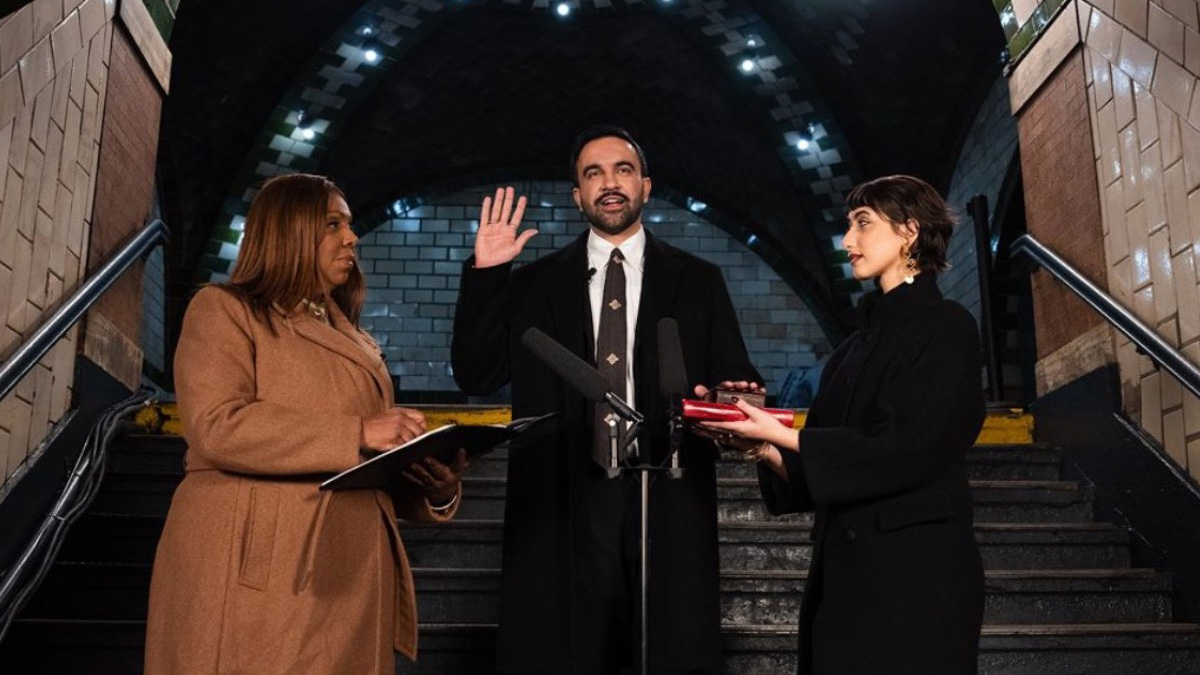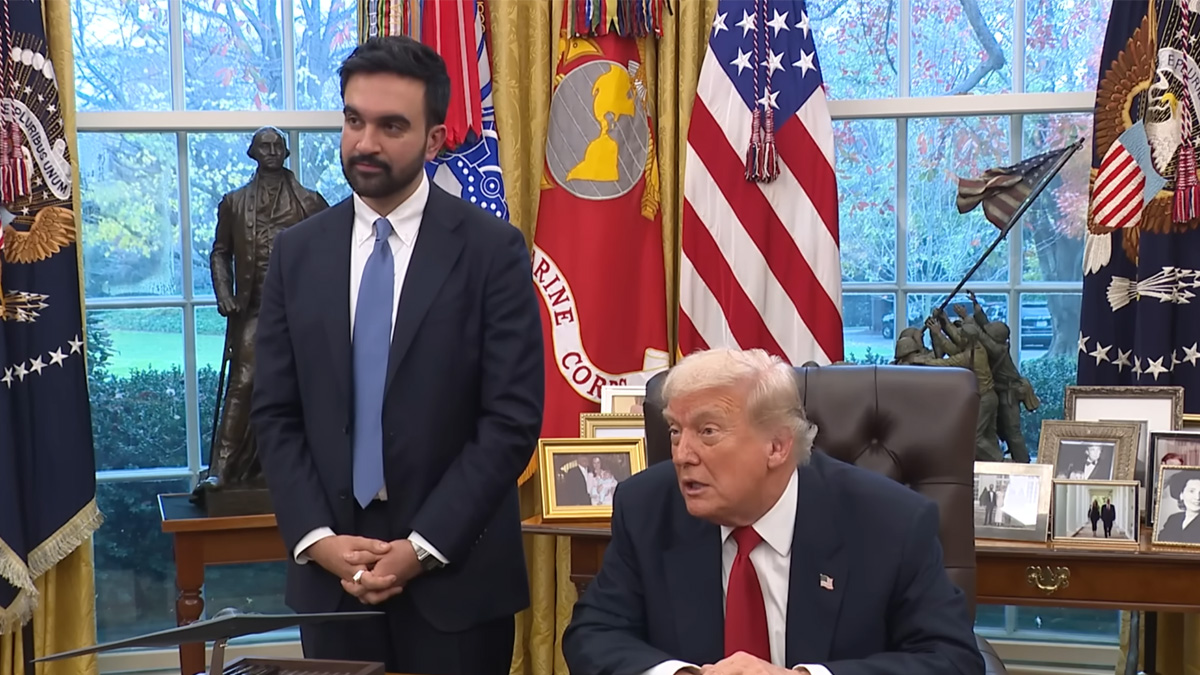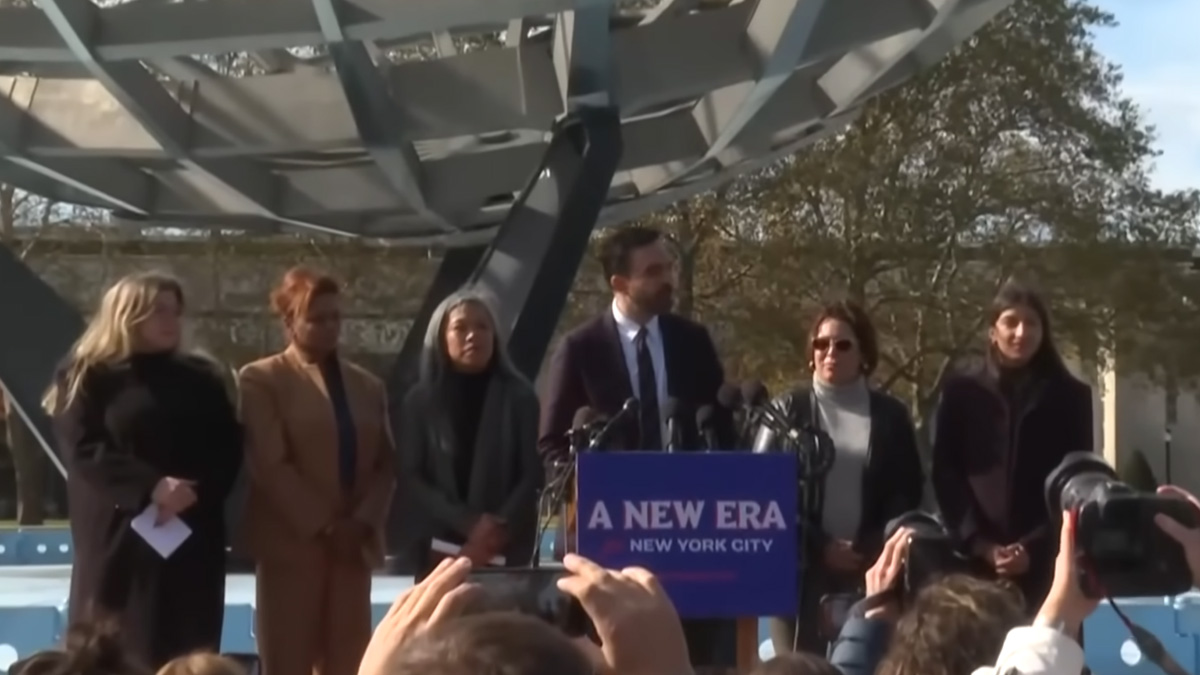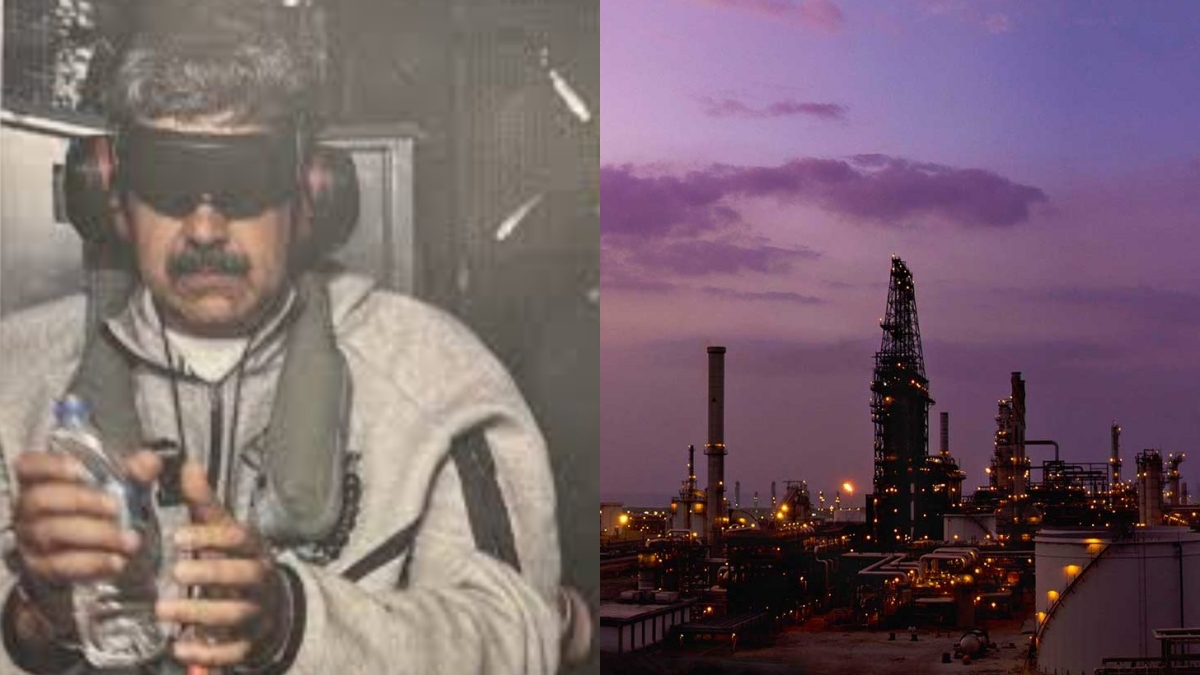First Muslim mayor in NYC, Mamdani breaks barriers and billionaire power alike
On 4 November 2025, New York City voters delivered a political earthquake. Electing 34-year-old Zohran Mamdani as the next mayor, the city not only chose its first Muslim leader, but also rebuked the entrenched political and donor class that has long shaped its governance.
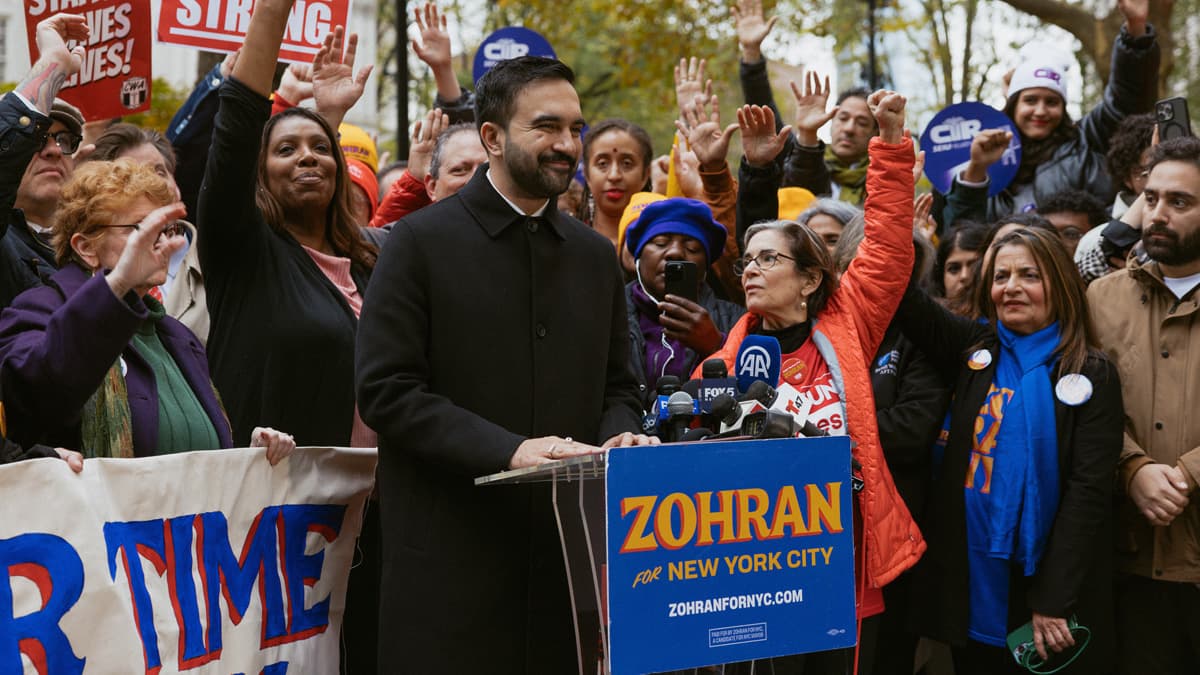
On 4 November 2025, New York City voters delivered a political earthquake. Electing 34-year-old Zohran Mamdani as the next mayor, the city not only chose its first Muslim leader, but also rebuked the entrenched political and donor class that has long shaped its governance.
Mamdani, a sitting state assembly member and a vocal democratic socialist, defeated former governor Andrew Cuomo and Republican Curtis Sliwa in a high-stakes race that drew national and international attention. Securing over 50% of the vote, Mamdani’s win was not just a personal triumph—it was a landmark moment for progressive urban politics across the United States.
A challenge to power, money, and orthodoxy
From the outset, Mamdani’s candidacy represented a direct challenge to the political establishment. Cuomo, who sought a political comeback despite a deeply controversial exit from the governor’s office, enjoyed the backing of billionaire donors and high-profile supporters. His campaign was heavily funded and framed as a return to “competent centrism”.
Yet, for many New Yorkers, Cuomo embodied a politics of entitlement and opacity—one marred by past allegations of sexual misconduct and mismanagement during the COVID-19 pandemic.
Mamdani, by contrast, refused corporate donations and ran on a platform centred on economic justice, housing affordability, and social equity. His message resonated particularly with working-class New Yorkers, immigrants, and young voters—many of whom felt abandoned by the city’s status quo.
His core economic proposals—rent freezes, free city buses, publicly owned grocery stores, and taxing those earning over US$1 million—would have been politically unthinkable a decade ago. Today, they form the basis of his mandate.
Standing firm on Gaza, redefining what is “electable”
Perhaps no stance was more politically risky—or ultimately transformative—than Mamdani’s position on Israel’s war in Gaza. At a time when most political candidates avoided the topic or expressed unwavering support for Israel, Mamdani spoke openly about what he described as “war crimes” and “genocide” committed by the Israeli government.
He further stated that if Israeli Prime Minister Benjamin Netanyahu—subject to an arrest warrant issued by the International Criminal Court—were to step foot in New York City, he should be detained.
Though largely symbolic, the declaration electrified parts of the electorate and drew ire from others. Still, it marked a historic departure from decades of political orthodoxy in New York, where mayoral hopefuls traditionally pledged allegiance to pro-Israel positions. Several of Mamdani’s opponents even publicly committed to visiting Israel if elected. Mamdani’s response was unequivocal: “I will stay in New York to fix New York.”
This stance did not cost him the election—it helped define it. His ability to hold strong convictions while affirming his commitment to fight antisemitism at home showed a nuanced approach that many voters found refreshing.
“We have toppled a dynasty”
In his victory speech on the night of 4 November, Mamdani struck a tone of purpose and defiance.
“Tonight, we have toppled a political dynasty, and we have built something in its place—something that belongs to the people,” he told a crowd of supporters in Queens.
His words underscored how the campaign had moved beyond identity politics alone. While Mamdani’s background—an Indian-Ugandan Muslim immigrant raised in Queens—is historic, the campaign was ultimately about class, inequality, and the city’s future.
Mamdani pledged to be a “mayor of working people”, committing to policies that would ease the crushing cost of living for ordinary residents. With rents at record highs and wages stagnant, his focus on affordability struck a deep chord with voters across boroughs.
A team that signals serious reform
Reinforcing his reformist agenda, Mamdani announced that Lina Khan, former chair of the Federal Trade Commission, would co-lead his transition team. Khan is widely respected as a leading voice against monopolistic power in the tech industry and an architect of modern antitrust thinking.
Her presence sent a strong signal: this administration will not be performative. It intends to challenge concentrated power—economic and political—with structural reform.
The rest of the transition team includes figures from community organising, public education, and health policy. Together, they suggest an administration committed to executing progressive ideals through pragmatic governance.
A national ripple effect
Mamdani’s victory comes amid a broader Democratic resurgence in the 2025 elections. Democrats secured key governorships in New Jersey and Virginia, flipping contested seats and outperforming projections. In that context, Mamdani’s win is more than symbolic—it is a sign that the progressive wing of the party is not just surviving, but gaining ground.
His campaign could become a template for left-wing candidates across the country: grassroots-funded, policy-driven, unapologetically moral on global issues, and unafraid to call out entrenched elites.
Equally, it raises new questions for the Democratic establishment. The era of triangulation and corporate appeasement may be coming to an end—at least in cities where inequality has reached breaking point.
Challenges ahead
While the political triumph is clear, Mamdani’s path forward will be difficult. Many of his proposals—particularly the rent freeze and progressive tax schemes—will require support from the City Council and, in some cases, the state legislature. Business interests, landlord lobbies, and fiscal conservatives will mount strong resistance.
Moreover, balancing the expectations of diverse constituencies—Muslim and Jewish communities, tenants and developers, youth activists and senior bureaucrats—will demand deft political skill.
Nevertheless, the early signals suggest Mamdani is prepared. His campaign demonstrated discipline, clarity, and an ability to build coalitions beyond ideological silos. If that continues into governance, his administration could be one of the most consequential in recent memory.
Zohran Mamdani’s election as mayor of New York City marks a turning point in American urban politics. His historic win—as the first Muslim to lead the nation’s largest city—is more than a symbolic milestone. It is a decisive rejection of political dynasties, billionaire influence, and uncritical foreign-policy consensus.
Whether he succeeds in delivering on his bold agenda remains to be seen. But the mandate is clear. New Yorkers have voted for affordability, accountability, and a city government that serves them—not donors, not foreign governments, and not dynastic ambition.
In an age of political cynicism, Mamdani’s win is a rare thing: a victory for conviction.



